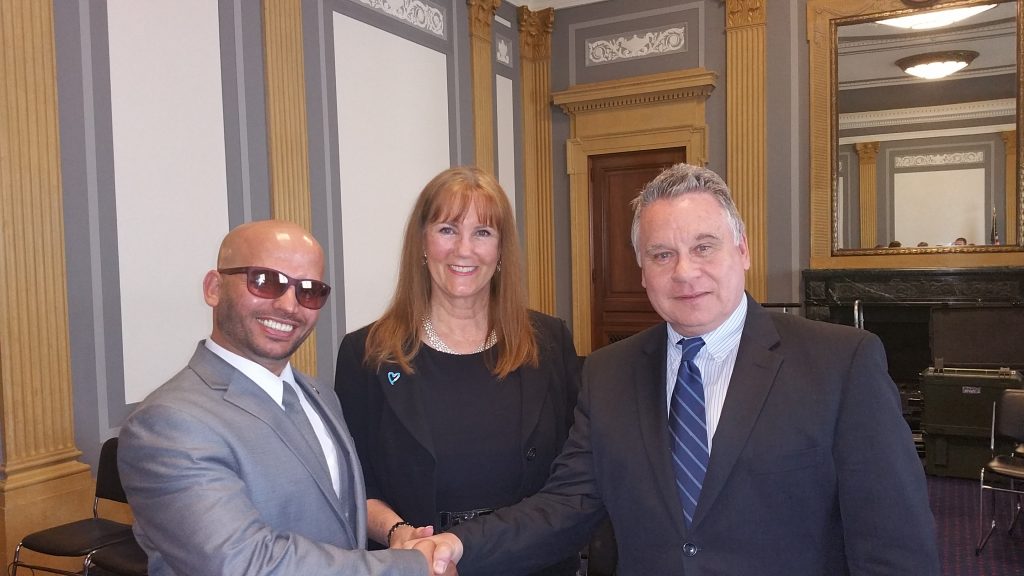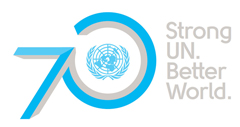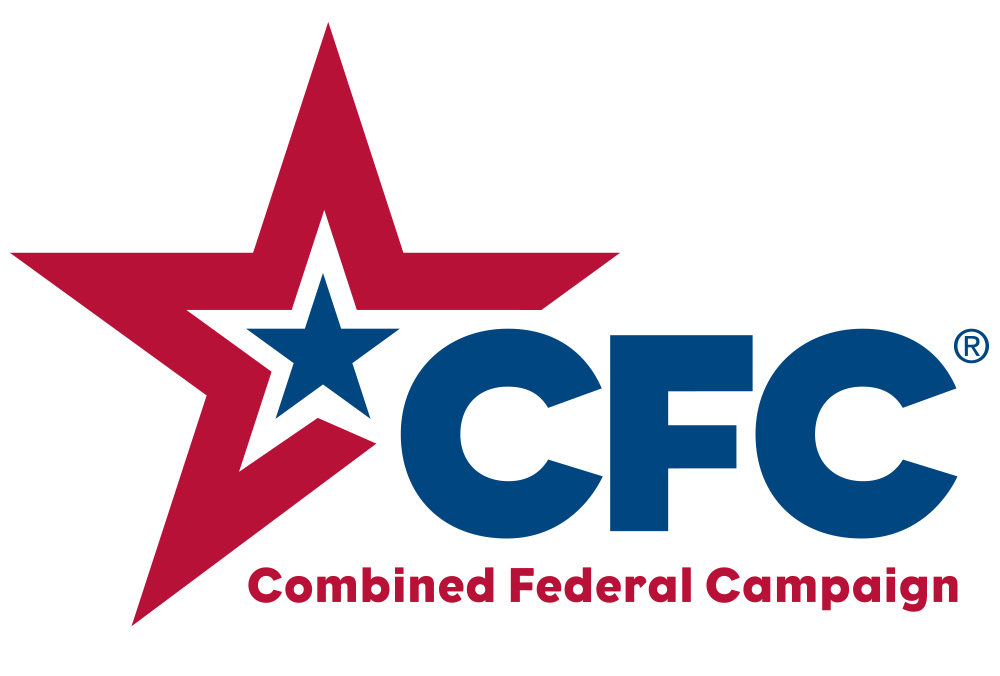|
AAI at Senate Briefing -HUMAN TRAFFICKING IN TRAVEL AND TOURISM CSPAN Coverage HERE |
|
NEW CHALLENGES AND SOLUTIONS Monday, May 7, 2018 3:00 p.m., Russell Senate Office Building Room 485 Live Webcast: www.facebook.com/HelsinkiCommission CSPAN Coverage HERETraffickers move trafficking victims on airplanes, buses, trains, and taxis—frequently relocating to avoid detection by law enforcement and to chase big markets, like major sporting events and vacation destinations. Hotels, often unknowingly, sell rooms to traffickers for exploitation. Over the last decade, transportation and hotel professionals have recognized the role they can play on the front lines of identifying potential trafficking victims. Many organizations work alongside NGOs and the Departments and Homeland Security and Transportation to ensure that their employees are ready to respond to, rather than look away from, victims in plain sight. However, some companies have been slow to join the fight. Legislation pending in Congress will require hotels and airlines to train their employees to spot and report signs of trafficking before the companies can become eligible to win government contracts. More decentralized systems of travel and tourism—such as Airbnb and Uber—may need new frameworks to ensure that their systems do not become the preference of traffickers on the move. The following expert panelists are scheduled to participate: · Tracey Breeden, Director of Safety Communications, Uber · Nancy Rivard, Founder and President of Airline Ambassadors · Carol Smolenski, Executive Director, End Child Trafficking and Pornography (ECPAT), USA · Craig Kalkut, Vice President of Government Affairs, American Hotel & Lodging Association Additional panelists may be added. |

Saber Rock, Nancy Rivard and Congressman Chris Smith who opened the Briefing.
Testimony to the Helsinki Commission May 7, 2018
Fighting Human Trafficking in Travel and Tourism – New Challenges and Solutions”
Airline Ambassadors International (AAI) is a non-profit organization made up of members in the airline industry, which has led advocacy on human trafficking awareness since correctly identifying trafficking on four flights in 2009. We developed the first “industry specific” training which has been provided to 6,000 frontline personnel at 70 airports in the U.S. and around the world. Our work will be highlighted at the release of the new ICAO Guidelines in Geneva and at the IATA Cabin Safety meeting in Bangkok this month.
Because the FAA Reauthorization Act of 2016 made it mandatory for U.S. airlines to train flight attendants, most airlines are utilizing the Blue Campaign’s excellent on line training materials. Delta is still out front – in 2018 they launched an enhanced training tailored for Delta’s 54,000 employees, initiated an apprentice program for trafficking survivors, hosted events to motivate employees, an event for Atlanta based CEO’s and launched a test with new airport signage. This year American Airlines joined Delta and signed the ECPAT Code of Conduct. JetBlue is also committed and was highlighted at the IATA General Meeting last May.
International airlines are jumping on board too. Air Asia and Air Emirates launched initiatives last year and AeroMexico and Copa have joined the international fight by joining the UNODC Blue Heart Campaign.
There are successes:
Airline Ambassadors provided training in Sacramento airport which is proactive for awareness. In February this year, Sacramento AA Agent, Denice Miracle, noticed two girls, aged 15 and 17 who were traveling on a one-way ticket to do some modeling for a man they had met on Instagram. They had told their parents they were spending the night at each other’s houses, Her alertness and critical thinking saved those two girls.
Congress can help by strengthening the laws to encourage airlines to provide training to all employee groups, (including agents, pilots and more). Funding should be increased so the Blue Campaign to provide live trainings to training staff of the 33 major airlines in the U.S. The on line trainings are very good, but many employees to not pay close attention and is often not even mentioned in annual recurrent trainings. Some employees still are not taking the issue seriously.
Here are three examples:
- Last March on a flight from Rome to Chicago all 8 flight attendants were sure that a 50 year old American man was trafficking a 7 year old Albanian girl, they reported it to the pilots (even pointing to the manual where the pilots should radio to alert the upcoming airport), but the pilots refused saying that they didn’t want to get the man in a lot of trouble. “This has never been mentioned in pilot training, and we are not going to take the chance.”
- Agents in Houston heard that we provided an airport training and said “When is someone going to train us? We see potential trafficking every day!”
- I visited airline operations and asked what action they would take if a pilot radioed in a suspected human trafficking cases. They answered “No action – human trafficking is not a threat to aircraft security.” They also need to be trained.
Funding should specify that Train the Trainers (for training staff) should include actual trafficking survivors, to make the issue real, motivating trainers to emphasize this during annual recurrent training.
Airports – also play a key role in awareness:
We helped Chicago, Las Vegas, and San Francisco Airports to implement a training video for all badged employees. Atlanta, Houston, Minneapolis and Sacramento have also been proactive. The DHS Ad campaign is in most Customs areas and A21 signage is in Chicago and New York airports. 1000 “Tips” have been submitted through Airline Ambassadors Tip Line App that is given to our airport trainees. We are saving lives.
However, many airports have not been receptive to offers of training like Los Angeles and Miami. They have said live training is not needed, and there are no resources to support it.
But we know training IS needed. Donna Hubbard, noticed a woman crying outside the bathroom at MIA Airport. She stopped to talk – and the girl said that a man she had met at a bar the night before bought her a ticket on the flight to New York, but she didn’t want to go to New York….she wanted to go home to her mother. Donna contacted the airport police, who intimidated the girl until she said nothing was wrong. It was Donna, a human trafficking survivor herself, who helped intervene and did get the girl back to her mother.
The Human Trafficking Investigations and Trafficking Institute has one of the best trainings out there for law enforcement, but most airports or police departments are reluctant to invest their limited training funds in human trafficking awareness training because it is not mandatory at the state level. Officers continue to treat victims as suspects, not a victim centered approach. Training resources need to be increased for training of travel industry personnel and law enforcement, as coordination is critical to end modern day slavery.
Motivating the Private Sector
Although the private sector is critical in this fight, most airlines truly do not understand the importance of human trafficking awareness and hesitant to integrate new actions into their corporate cultures. They are nervous that vigilante flight attendants will make false accusations and cause a lawsuit and no real motivation to ensure proper training for employees, eliminate trafficking in the supply chain or adopt policies to provide job opportunities for victims. We sent a letter to the CEO’s of 24 airlines and hospitality companies to requesting their openness to hiring survivors of human trafficking – only the American Bus Association responded!
Support is needed to mobilize private sector partners. It was the Caux Roundtable Japan who encouraged All Nippon Airlines to host our presentation in Tokyo last month. If the U.S. joins the international UNODC Blue Heart Campaign, along with 18 other nations, with actress Mira Sorvino at the Goodwill Ambassador, it would encourage airlines, transportation and hospitality companies in the direction of social responsibility.
The critical infrastructure of our transportation system can no longer be used as a tool to implement human trafficking, or modern day slavery. This is also the fastest growing crime in the world. It is linked to drug trafficking, human smuggling, arms trafficking and terrorism, also a cabin safety issue.
In the words of the Association of Professional Flight Attendants, the largest flight attendant union in the U.S.:
“We are committed not only to preparing our membership to recognize and report suspected instances of human trafficking, but also to raise public awareness of the problem…putting an end to human trafficking will require a coordinated effort and commitment of the entire transportation industry.”




 FIGHTING HUMAN TRAFFICKING IN TRAVEL AND TOURISM:
FIGHTING HUMAN TRAFFICKING IN TRAVEL AND TOURISM:
